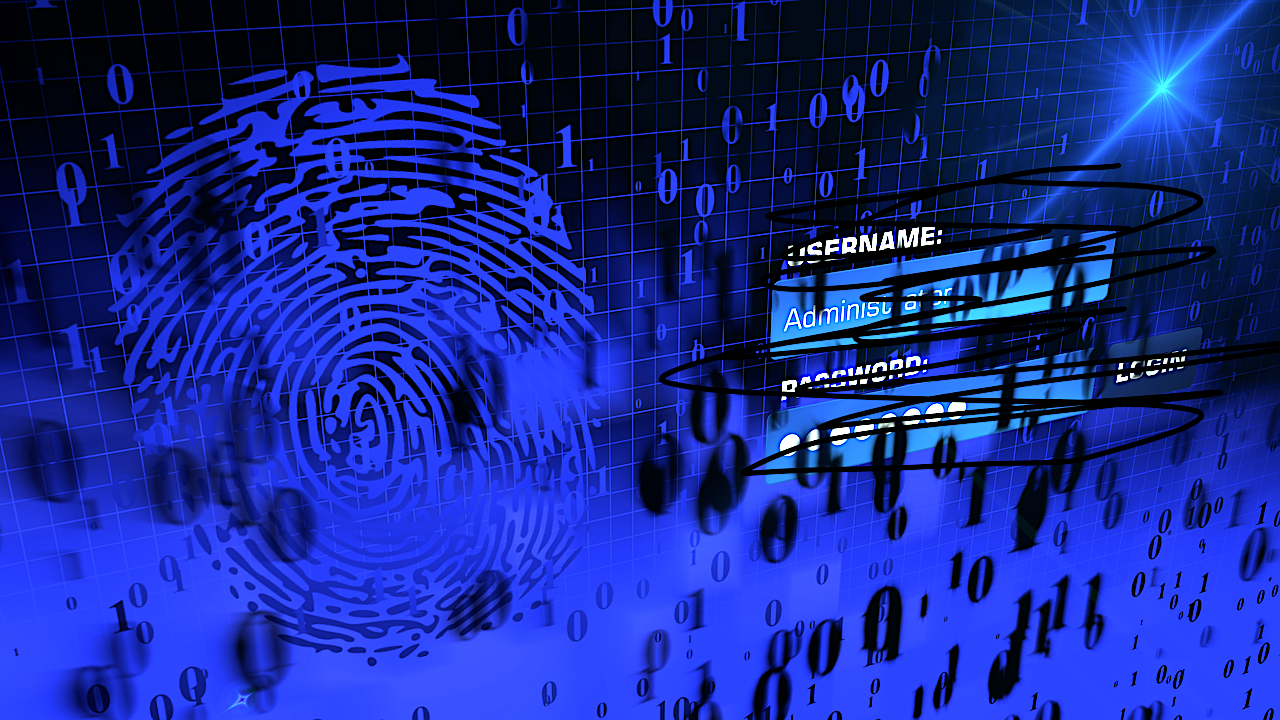

Doh! Poor password management still rampant in U.S. workplaces, survey finds
source link: https://siliconangle.com/2021/04/07/doh-poor-password-management-still-rampant-u-s-workplaces-survey-finds/
Go to the source link to view the article. You can view the picture content, updated content and better typesetting reading experience. If the link is broken, please click the button below to view the snapshot at that time.

Despite years of warnings about the risks of using weak passwords and storing them in easily compromised locations, the majority of American workers still regularly scribble work-related passwords on sticky notes and most admit to having lost those notes at some point.
That’s according to a new survey of 1,000 U.S. employees commissioned by Keeper Security Inc., a maker of password management software. The Workplace Password Malpractice Reportalso found that 62% of U.S. employees said they routinely store logins and passwords in a written notebook, and 81% admitted to keeping those documents near work devices where they can easily be accessed or stolen by passersby.
Workers are even more likely to write passwords on paper when working from home, with 66% reporting that they do so regularly. That makes those credentials vulnerable to being swiped by service people or other visitors. Nearly 45% currently use the same password for both personal and work-related accounts.
The survey is the latest in a long string of research reports that document the scant attention that businesspeople pay to even the simplest security measures, such as creating strong passwords and storing them in secure locations, ideally in an encrypted digital wallet.
That’s despite the fact that human error is the most common culprit in security breaches. One 2019 analysis in the U.K. found that 90% of cyber data breaches that year were rooted in user errors, up from 61% two years earlier. Nordpass, a unit of virtual private network provider NordVPN S.A., last year analyzed more than 275 million passwords and found that the most-used were “123456,” “123456789,” “picture1,” “password” and “12345678.”
Keeper found that 37% of employees have used their company name in a password, 34% have used a significant other’s name or birthday and 31% have used their child’s name or birthday. Such practices are strongly discouraged by security experts, who note that cybercriminals can often harvest such information from social media sites and use it in brute-force crack attacks.
The risky behavior goes beyond sticky notes. The Keeper survey found that 62% of workers have shared a work-related password by text message or email, both of which can easily be intercepted. Nearly half save work-related passwords in a document in the cloud or on their computers, while 55% save them on phones. The risk there is that a cybercriminal who breaches cloud storage or the mobile device then has full access to all of the owner’s accounts.
Information technology organizations don’t get off scot-free in the report either: 46% of respondents said their company encourages people to share passwords for accounts used by multiple people and nearly one-third of respondents said they’ve logged into an account after they left the company.
Image: Pixabay
Since you’re here …
Show your support for our mission with our one-click subscription to our YouTube channel (below). The more subscribers we have, the more YouTube will suggest relevant enterprise and emerging technology content to you. Thanks!
Support our mission: >>>>>> SUBSCRIBE NOW >>>>>> to our YouTube channel.
… We’d also like to tell you about our mission and how you can help us fulfill it. SiliconANGLE Media Inc.’s business model is based on the intrinsic value of the content, not advertising. Unlike many online publications, we don’t have a paywall or run banner advertising, because we want to keep our journalism open, without influence or the need to chase traffic.The journalism, reporting and commentary on SiliconANGLE — along with live, unscripted video from our Silicon Valley studio and globe-trotting video teams at theCUBE — take a lot of hard work, time and money. Keeping the quality high requires the support of sponsors who are aligned with our vision of ad-free journalism content.
If you like the reporting, video interviews and other ad-free content here, please take a moment to check out a sample of the video content supported by our sponsors, tweet your support, and keep coming back to SiliconANGLE.
Recommend
About Joyk
Aggregate valuable and interesting links.
Joyk means Joy of geeK